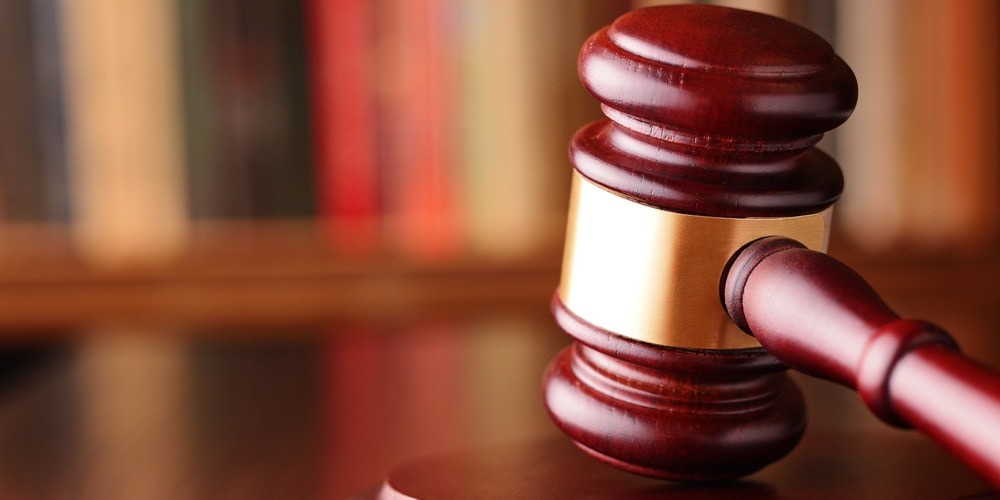
Roundtable moderators were chairman of the Commission Iosif Diskin and Goncharov. Other members inlcluded representatives of religious organizations, lawyers, human rights activists, and representatives of the Presidency and the Ministry of Justice of the Russian Federation. The Adventist Church was also represented by several pastors.
According to statistics of the Slavic Law Center in Russia, since implementing the law, more than 200 court decisions focused on missionary activity violations of Article 24.1. Numbers show that 30 percent of violations are connected to the performance of activities by religious organizations without specifying their full name, 56 percent due to a violation of Article 4 on carrying out missionary work, and 14 percent of violations by foreign citizens. In most cases, fines were imposed on religious organizations and believers belonging to Protestant religious associations and new religious movements.
Religious Associations vs. Individual Freedom
An analysis of the offenses at the roundtable showed that almost all of them result from an incorrect interpretation of the legislation and violations in its application. Almost half of violations — 48 percent — were applied to individuals, despite the fact that the definition of “missionary activity” in the law refers to religious associations. As a result, Article 28 of the Constitution of the Russian Federation, which establishes the right to freely disseminate religious views by individuals, is being discredited, roundtable members said.
In his report, Goncharov said he supports the government’s desire to fight extremism and terrorism, even as he called for concrete actions to be taken to eliminate violations in the application of legislation. “Believers and religious organizations that have nothing to do with the problem of extremism and terrorism are being affected by the current application of Article 24.1 on missionary activities,” he said.
Speaking at the roundtable, representative of the Ministry of Justice of the Russian Federation Svetlana Borisova noted that according to the new law, religious organizations must use their full names in their interactions and literature. “Only literature that is labeled with the full name of the organization complies with the registration data,” she said. “Otherwise, religious organizations will be fined.” Borisova shared that several religious organizations had been already fined for not following the new legislation on that specific point.
Next Steps Suggested
At the end of the roundtable discussion, several steps were suggested, such as applying to the Supreme Court for an explanation of enforcement issues of Article 24.1, and working on improving the skills of law enforcement agencies through the implementation of appropriate educational programs, seminars, conferences, and meetings. Roundtable participants also vowed to explain the main issues of application of Article 24.1 to government officials, as well as clarify Article 24.1 and additional legislation on freedom of conscience and on religious associations through a proposal to the Russian Federation Duma (the lower house of the Federal Assembly or Russia) to include appropriate amendments.
According to Goncharov, a new roundtable is scheduled for 2018. “We will keep monitoring the progress of the steps suggested and the law’s implementation,” he said.